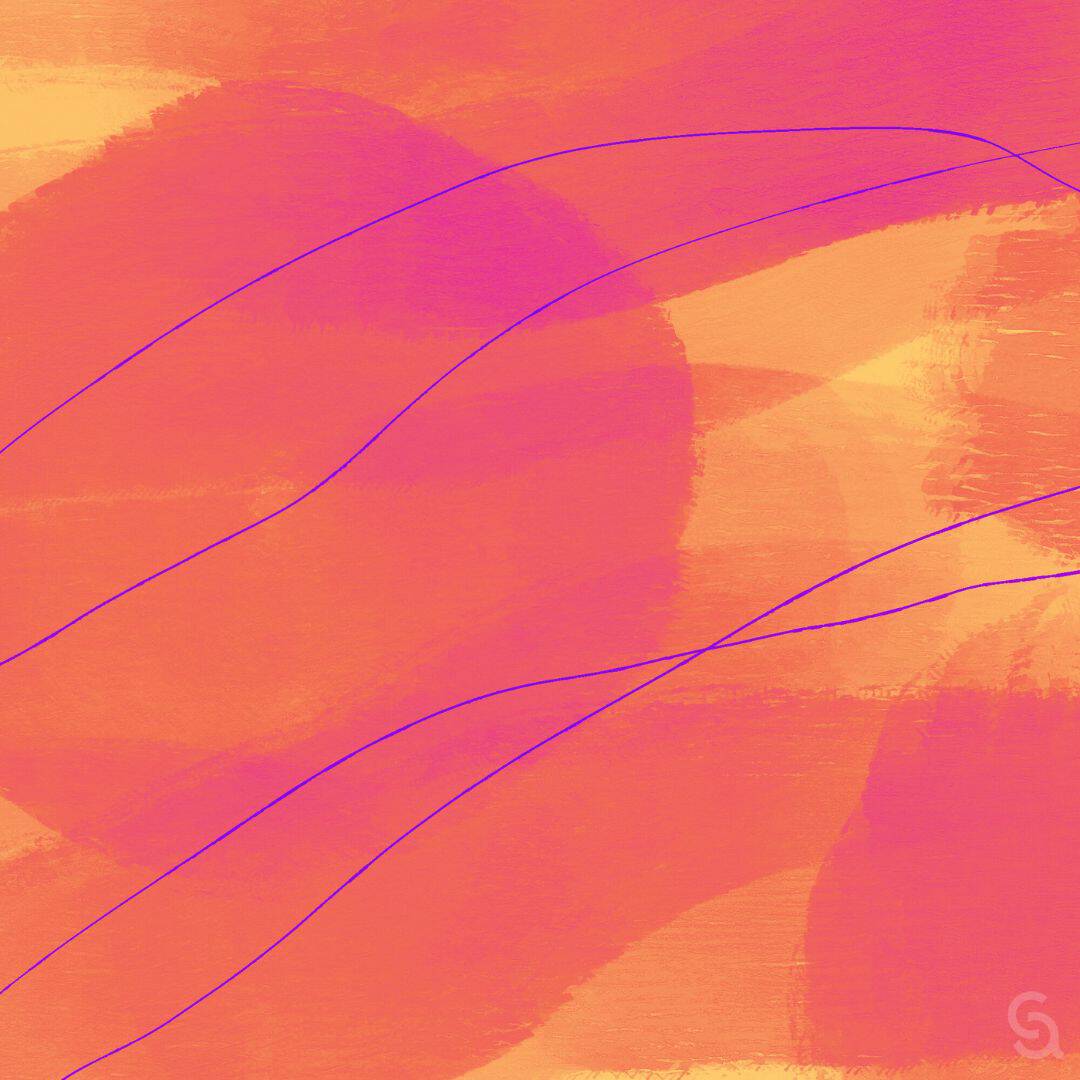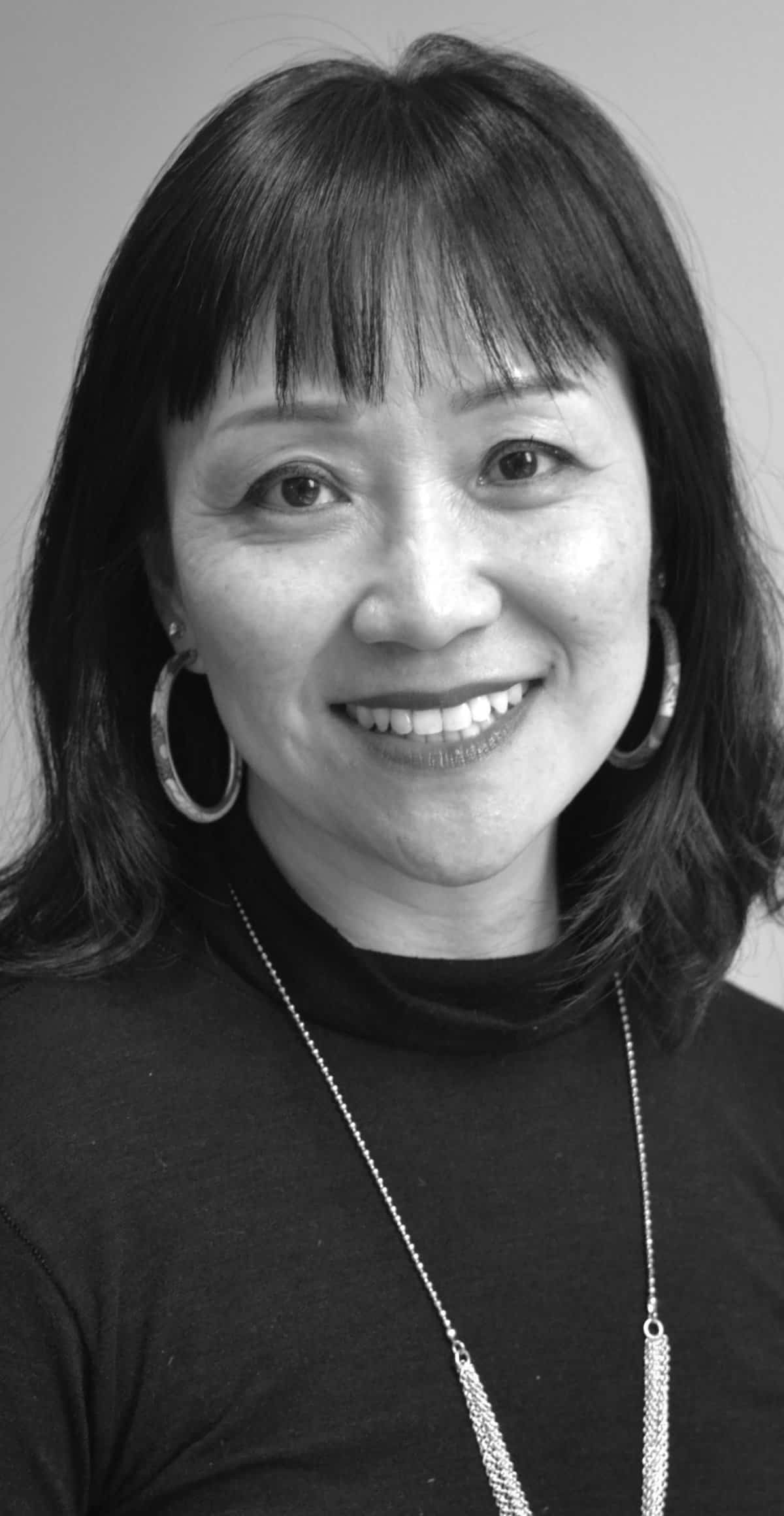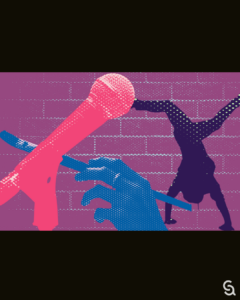 Editor’s Note: This essay was originally published on September 5, 2016, as This Is My Country and is used by generous permission of the author.
Editor’s Note: This essay was originally published on September 5, 2016, as This Is My Country and is used by generous permission of the author.
The older man walks up to the closed register next to me and looks at the wretched KFC/Pizza Hut menu at the travel oasis/rest stop near Elkhart, Indiana. He asks about the fried chicken hiding behind the greasy cough-guard. I wonder if he is going to do what it looks like he is going to do, and I wrestle with what I would do if he tries to cut in front of the line. He stands with a curve in his back, pants hemmed too short and hair disheveled. He is older, if not elderly, with white, thinning hair. I can’t take the Korean out of me. We respect our elders. Should I just let him go? I just want to feed my sons terrible fast food, get back on the road, and get home.
But he goes on, putting in his order and pulling out some money, and the cashier tells him there is a line that he will have to join. The line is now about eight people deep, not including my two teenage sons and me.
The older man, let’s call him Gerald, looks back at the line, looks at me and asks, “What do you need food for?”
I’m hoping he is joking, though he isn’t cracking a smile, so I respond as kindly as I can with a smile. After all, I have now listened to Hamilton five times on this road trip, and I can’t stop thinking “Talk less, smile more.” I settle for a simple, “I need food to eat, just like you do.”
Gerald looks at me and my sons and says, “You don’t need food. Go back to your country and eat the food there.”
By the way, Gerald is white. I am not.
My first instinct is to put myself in between Gerald and my sons, who are 17 and 14 and both taller and bigger than I am, but I am their mother and I will always put myself between them and perceived danger.
Remember. There are at least eight people in line with me, watching this unfold.
What would you hope to do if you were behind me in the line? What would you hope others would do or say as they watch this unfold?
I wrote briefly about this encounter on my Facebook page, and everyone wants to know what I said. But I want to know if you have ever seen anything like this happen to someone else? And if so, what did you do?
No one in line that day said anything. And that is part of why I am still upset, unnerved, angry, sad, and exhausted. I am not told to “go back to my country” every day in the literal sense, but many Asian Americans, bot American-born and immigrant, will tell you that we experience this “othering” often, especially here in the Midwest where I live.
Non-Asian Americans of all shades often seem unable to “place” me in discussions on race, because I do not fit neatly into the Black/White binary, and Asian American history, art, literature, etc. are not always taught in American history, even though my people have been around for centuries here in the United States.
Which brings me back to Gerald and the silent line.
My response was to first step in between my sons and Gerald. My second response was to whip out my phone camera, but I didn’t catch him. What I caught was his face getting closer to mine as I told him, “I have money. This is my country, and there is a line.”
Eventually a younger white man, let’s call him Brad, steps in between me and Gerald and de-escalates the situation.
I am exhausted. In that 90-second exchange I went through the mental gymnastics of wondering all of the following: 1) What can I do to de-escalate the situation? 2) How can I show this man Christ-like grace? 3) Is Gerald mentally challenged in some way? 4) Should I allow age to be an excuse for his racist comment? 5) Is anyone else going to step in? 6) I hope this doesn’t escalate, but I’m not ready to stand down and behave, whatever “behaving” means at this point. 7) What are my sons taking away from this experience? 8) I hope they aren’t too embarrassed. 9) I’m embarrassed; we have to all stand here and wait for our food after all of this. 10) Why should I feel embarrassed? Now I’m angry that I felt embarrassed. 11) I’m tired that this is nothing new, because it has happened to me since I was a child…
Many people believe that the more people present, the more likely that a person being victimized will be helped. However, I’ve since learned that less than two-thirds of bystanders will act to help when there are five or more other people present and witnessing an emergency or threatening situation. This human behavior has been called the bystander effect.
Remember, there were at least eight other adults in that line who said nothing.
So here is a lesson for all of you, dear readers, who have never been told to “go back to your country.” Now that you know this really happens here in the United States, how will you prepare yourself to step in? What will you do when something like this happens in front of you?
CSA has recently launched a new initiative, the Interrupting Violence Initiative, to equip those who have found themselves nearby while a situation like mine unfolds. If you’d like to learn more about what you can do to help when someone around you is threatened or harmed, check it out here.
 Kathy KyoungAh Khang is the co-author of the award-winning book Loving Disagreement (NavPress, 2023) and the author of Raise Your Voice (InterVarsity Press, 2018. She spent more than 20 years in vocational ministry focusing on leadership development and DEIJ integration before making a shift to become a yoga teacher.
Kathy KyoungAh Khang is the co-author of the award-winning book Loving Disagreement (NavPress, 2023) and the author of Raise Your Voice (InterVarsity Press, 2018. She spent more than 20 years in vocational ministry focusing on leadership development and DEIJ integration before making a shift to become a yoga teacher.


